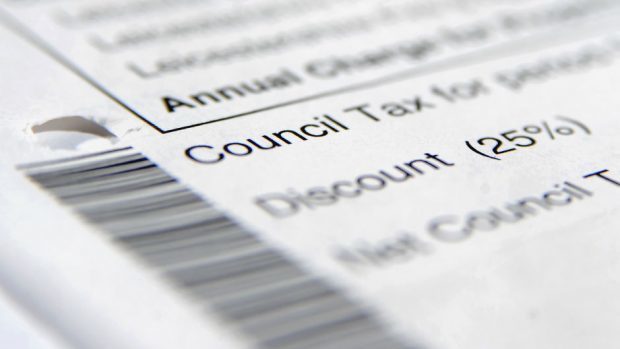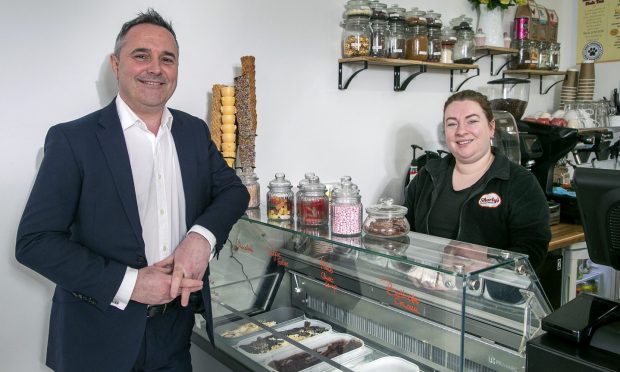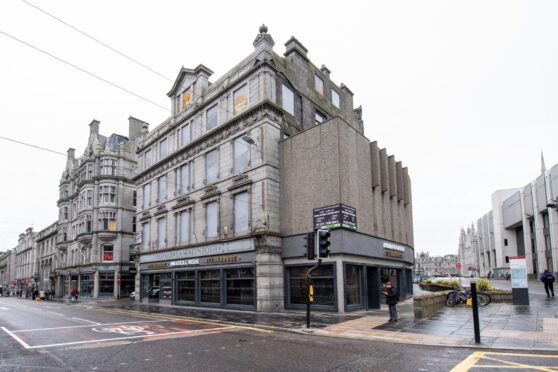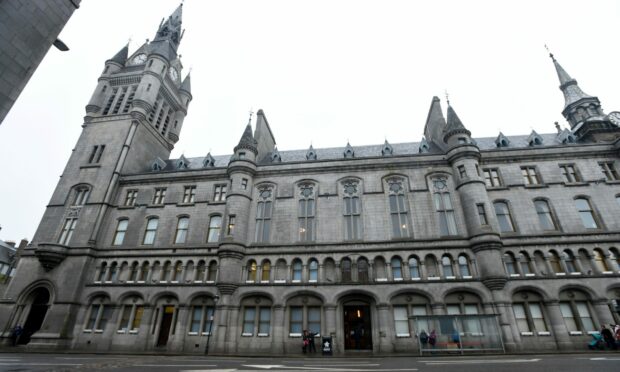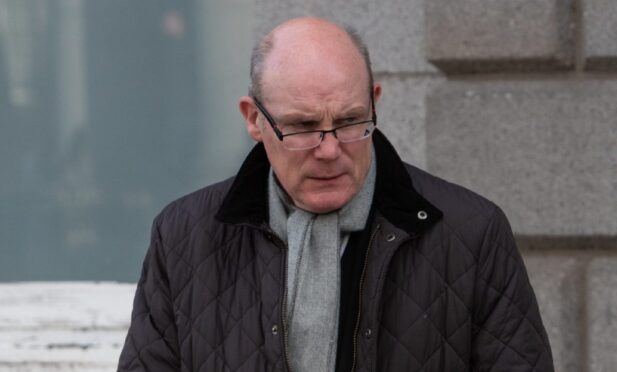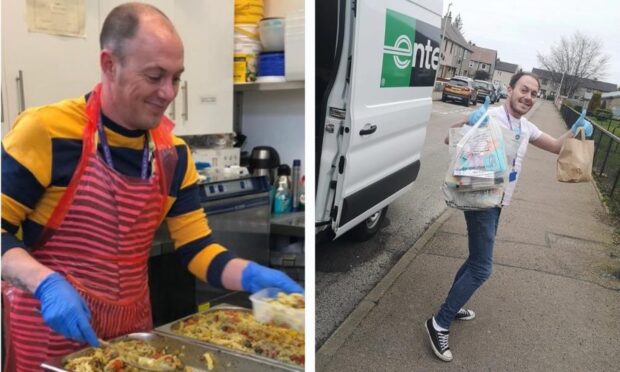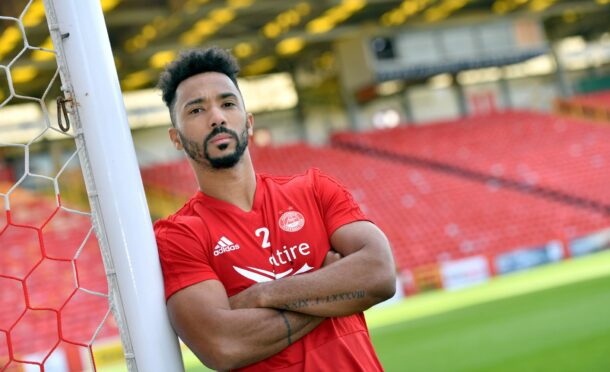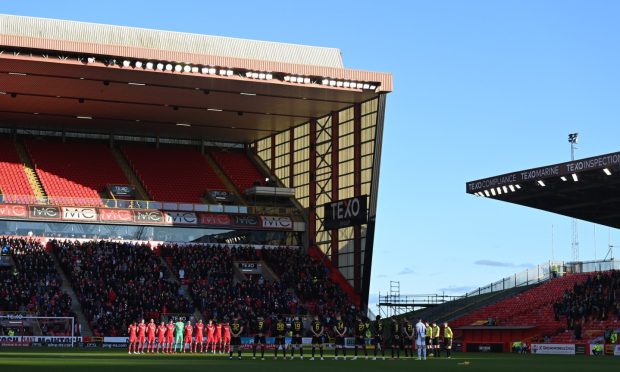Local authorities across the north and north-east will raise an additional £20million a year due to the controversial changes to council tax.
New predictions show that Aberdeen, Aberdeenshire, Moray and Highland councils will raise £20.7million as a result of the reforms passed by Holyrood this week.
The increase in bands E-H was approved by the Scottish Government, meaning middle class households could see their bills rise by as much as £554 a year.
But there was new fury at the changes last night, with claims the local authorities are being used a “tax collectors” – with a large chunk of the additional cash due to go to the central belt.
In Aberdeen, officers have indicated that the city’s 31,041 houses within the bands could raise an additional £6million in revenue.
Aberdeenshire Council’s Conservative group predicted a figure of £8.6million, while sources in the Highlands and
Moray said they expected around £5million and £1.1million respectively.
The rise will raise around £100million annually across Scotland, which will be pumped into schools across the country.
But Liam Kerr, North East Tory MSP, said: “We have all heard the SNP mantra that local taxes will be retained locally, but they neglect to mention that the block grant to councils will then be cut.
“Our council group in Aberdeenshire has estimated that just £400,000 of more than £8million will remain in the area.
“The vast majority will go elsewhere and people locally will not see the benefits to local services such as schools, roads and elderly care.
“Local taxes must be spent locally, it is a fundamental principle of local democracy.”
Moray Council already tried to raise council tax by 18% at the beginning of the year but were forced to abandon the proposal due to opposition.
Council leader Stewart Cree said: “This is the first time in my memory that council tax will be centrally distributed by the government.
“If it’s based on deprivation statistics then that will favour large urban authorities and disadvantage small rural authorities like Moray.
“People will grumble and groan at the council about this but it is central government imposing it.
“Some people could pay up to £500 extra and not see any improvements in services. We’re just being used as a tax collector.”
Aberdeen City Council finance convener Willie Young said: “What I find astonishing about these figures is that just four authorities across the north of the country are contributing a fifth of the total take from these changes – but seeing it all go down to the central belt.
“Our officers are predicting that a minimum of £5million out of the £6million raised won’t stay in the city it was raised in.
“It’s completely unacceptable and shows the central belt bias the SNP has.”
Eben Wilson of campaign group TaxPayer Scotland said: “Around £100million a year will be raised through these tax rises.
This gets added to the annual budget of £4.9billion in Scottish education.
“Of course helping the education of the least able is a good aspiration, but acting on that aspiration using higher tax rates, and centralising those taxes so that taxpayers do not see their local councils compete with other councils and learn how to innovate, is simply bad policy.
“How ironic if in attempting to raise funds to help our children and grandchildren improve their lives, our government achieves the exact opposite, by making them poorer.”
Speaking after the vote this week, Finance Secretary Derek McKay said: “The steps we have taken pave the way for additional investment in schools right across Scotland to help close the attainment gap and are the first step in a journey of reform to make local taxation fairer.”
Last night, a Scottish Government spokesman said: “As a result of these reforms, local authorities will keep every penny of the council tax that is raised in their areas and there will be no change for three out of four Scottish households in terms of how much council tax they pay.”
